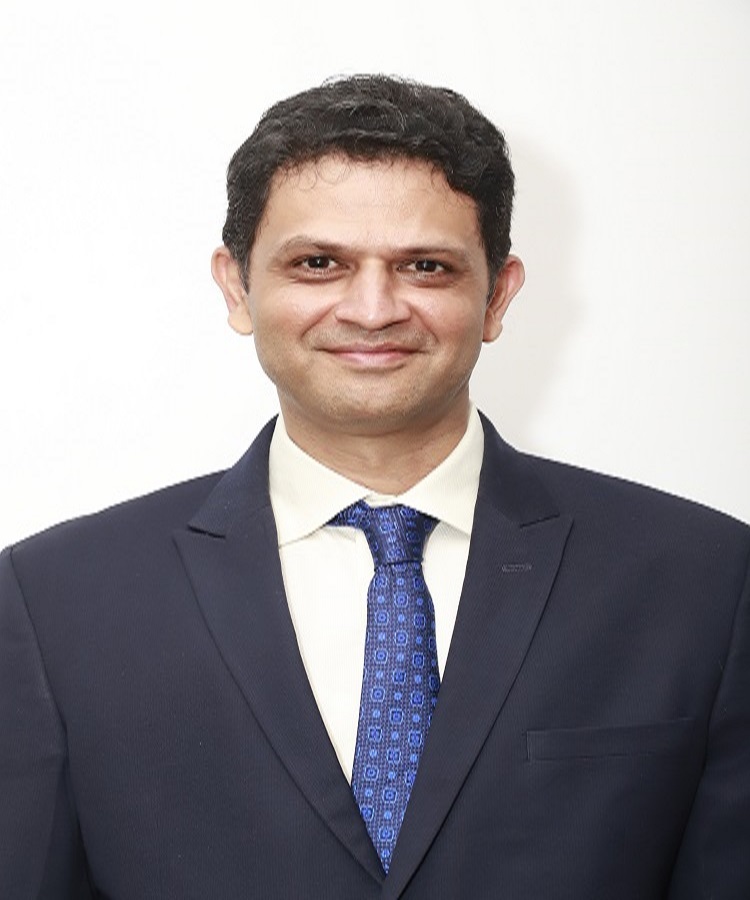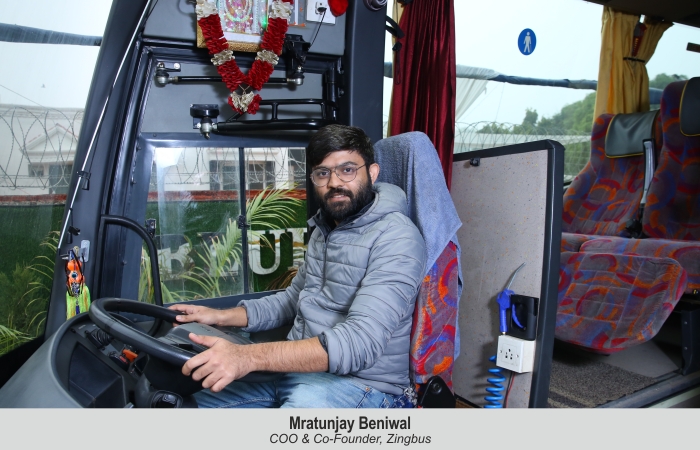Kamlesh Barot, Director, VIE Hospitality and past President, FHRAI and HRAWI, believes that while the tourism industry has been affected terribly by the COVID-19 crisis, the true test would be after the first three months of opening, recovering from no business to at least 50 per cent of what existed, and then achieving pre-COVID levels.
Once we have a vaccine, will we still be social distancing? Wouldn’t we all rebound to our pre-COVID practices and show unprecedented buoyancy, refuting every forecast made today! Historically, our hotel industry turned into IT hubs in the technology bubble era, 26/11 made our hotels more secure than airports, the eco-wave made hotels more efficient through the three R’s – reduce, reuse and recycle! Should we forget about reuse and recycle now, and only concentrate on reduce? We re-designed our hotels for the differently-abled and now, because of COVID-19, our hotels will be more sterile than hospitals. I wonder where hospitality has gone!
The key to our survival and revival will heavily depend on our first 50 days of online reviews. Upon arrival at your next stay with us, don’t be surprised if you’re given three bags: one for soiled towels, one for soiled bedding and one for trash. You may then be asked to place the bags near the entrance to your room and contact housekeeping for clearance. Few of you may observe no in-room housekeeping per se during your stay, as the deep cleaning of the rooms might only take place after guests leave. Maybe others would get into their rooms which have been kept vacant, then cleaned, again kept vacant and then allocated, after the previous guest has checked out. Few hotels might have no minibars, few might have shut their spas or swimming pools, fewer still may have stopped buffets. Maybe there’ll be no excess pillows or excess linen or hangers; you might also be given a specific gym time slot, IRD (room service) might be with bento boxes or tiffin boxes or set meals; and others may allow only one person in the lift car.
We are one of the most capital as well as labour-intensive industries. Without new normal working capital revenues flowing, it’ll be difficult to service our lenders and honour our commitments to our teams, our supply chains and the authorities, when our banks have today blocked our bank accounts and our credit card funds due to directives to many banks. What support will we get from our governments at the state-level and the Centre, with so many representations being made, as our businesses and expansion plans have been put in the attic?
Now, we will be moving from the hands-on and human touch approach to contactless hospitality, no breakfast overcrowding, no communal tables and new staff cafeterias. New menus shall be either ‘use & throw’ or menus shall be QR-scanned on guests’ phones or on sanitised tabs. Cutlery, crockery, glasses and napkins may be UV-sanitised or thrown away. All this will increase our overheads rather than lowering our costs, coupled with depressed revenues due to the spaced-out seating, to adhere to safe distancing.
In these trying times, with staff exodus to their hometowns and stalled mass transportation, we have yet to face the biggest challenge – to retain our most talented and multitasked team. Though we are not in favour of retrenching our decades-loyal staff for a few months’ salary trimming, to cut down on the heaviest loader on your P&L, but that is if we will revive. With 1.3 billion guest’s pent-up money and entertainment desire with no software in cinemas and lesser screens, since the non-polluting and zero honking lockdown started, the size & shape of their wallets, also would have changed. There’ll be now the new fine-dining avatar and takeaways, even at an additional delivery cost, going up to 35 per cent at times to the restaurants, as the new strategic point-of-sale, without any
value cutting.
 TravTalk India Online Magazine
TravTalk India Online Magazine




